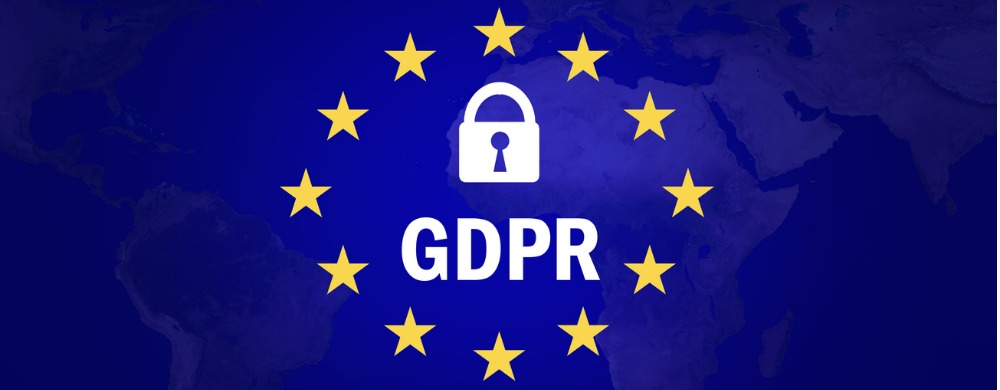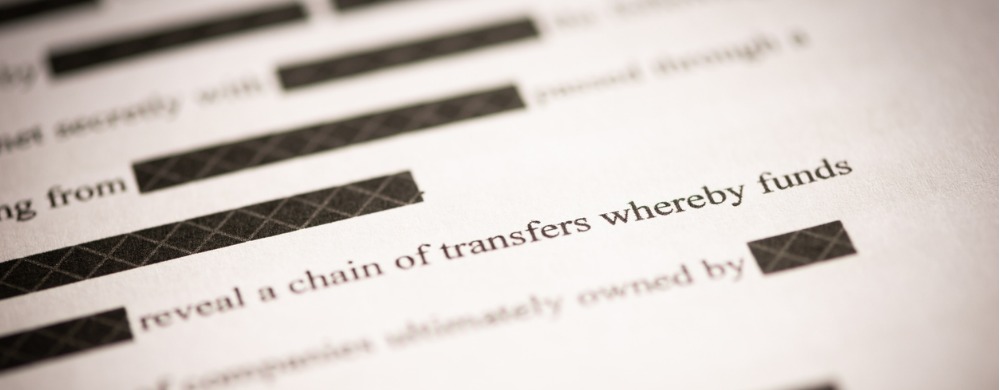Contact us and see what NetOwl can do for you!
Name Matching Helps Remittance Companies Curtail Fraud

Remittances Are a Very Large and Resilient Money Flow
Remittances – money transfers from migrants back to relatives in their home countries – are a very large proportion of all international money flows. Many economists predicted that the Covid-19 pandemic would result in a marked decline in remittances, as many migrants work in the kind of jobs that were lost in the initial lockdown of economies. However, a decline didn’t materialize. In fact, remittances on the whole stayed very close to the pre-pandemic numbers.
This was very good news for the companies, such as some of NetOwl’s customers, who have worked to extend remittance services to individuals who might not have access to traditional banks or other conventional transfer services such as Western Union.
Remittance companies sometimes go by other labels such as:
- Peer-to-peer payment systems
- Digital payment overlay services
- Digital payment services
- Mobile wallets
- Mobile payments
- Electronic payments
- etc.
What they all have in common, though, is the requirement to verify the designated recipients at the transfer endpoints. Combating fraud is not only good for business but also necessary in order to catch any mistakes in the transfer, since remittance companies are liable for transfers to the wrong person. Finally, both payment provider and recipient need to be vetted against sanction lists for Anti-Money Laundering (AML) and other compliance purposes.
Given the high volume of remittances, an automated solution is required, and there’s an existing technology that can help companies automate their vetting process: Name Matching.
Name Matching Verifies Names of Payment Recipients
Name Matching comes into play where the names of payment beneficiaries have to be matched against what the payment provider specifies. Our customers have come to rely on NetOwl NameMatcher because name matching can be quite tricky.
It has to be able to handle very complex and difficult phenomena surrounding names; from the very basic such as simple misspellings to more complex phenomena such as ethnicity-specific phenomena and even matching of names in different writing systems.
Due to the great ethnic diversity in remittance recipients, there will be names of many different ethnic types which have their own unique variations. Here are just a few of them:
- Spanish names frequently contain both patronymics and matronymics, that is, surnames from the father and mother, respectively. When a full name is shortened, the matronymic is typically dropped: Juan Ramos Velasquez vs. Juan Ramos.
- Foreign languages in Latin script also frequently contain diacritics, which may be absent or written differently: Federico Guzmán vs. Federico Guzman; Gerhard Schröder vs. Gerhard Schroeder.
- Arabic names, which commonly contain an element “al-,” may appear with or without it, as in Musa al-Iqbal vs. Musa Iqbal.
- Some East Asian names are in the family name + given name order while others are not: Xi Jinping, Moon Jae-in, but Fumio Kishida.
For more specifics on the complexities of matching names, see here.
How Does Name Matching Work?
NetOwl NameMatcher uses AI and machine learning algorithms to recognize that these variants actually refer to the same entity. It has analyzed a very large amount of real-world name data and has generated a very large set of matching rules automatically that take account of all the challenges involved in matching names as mentioned in the previous section – different orderings of name elements, use of initials and nicknames, misspellings, characteristics of ethnic names, names in different scripts, and so on.
NetOwl NameMatcher is scalable to handle very high volumes of data even where names need to be matched in real time. NetOwl returns a numerical score on each match (0 to 1) and allows a customer to set a threshold for what is to be considered a good match in accordance with their own business rules.
Name Matching Offers Great Benefits to Remittance Businesses
The impact of Name Matching technology on remittances is enormous. First, it eliminates the need for vetting by human staff. As outlined in the previous sections, it covers all the tricky phenomena that could impede accurate name matching. It offers high accuracy. It is a high-volume technology that can be easily scaled. And most important, it substantially reduces the remittance company’s risk of exposure to fraud and the subsequent regulatory issues.



